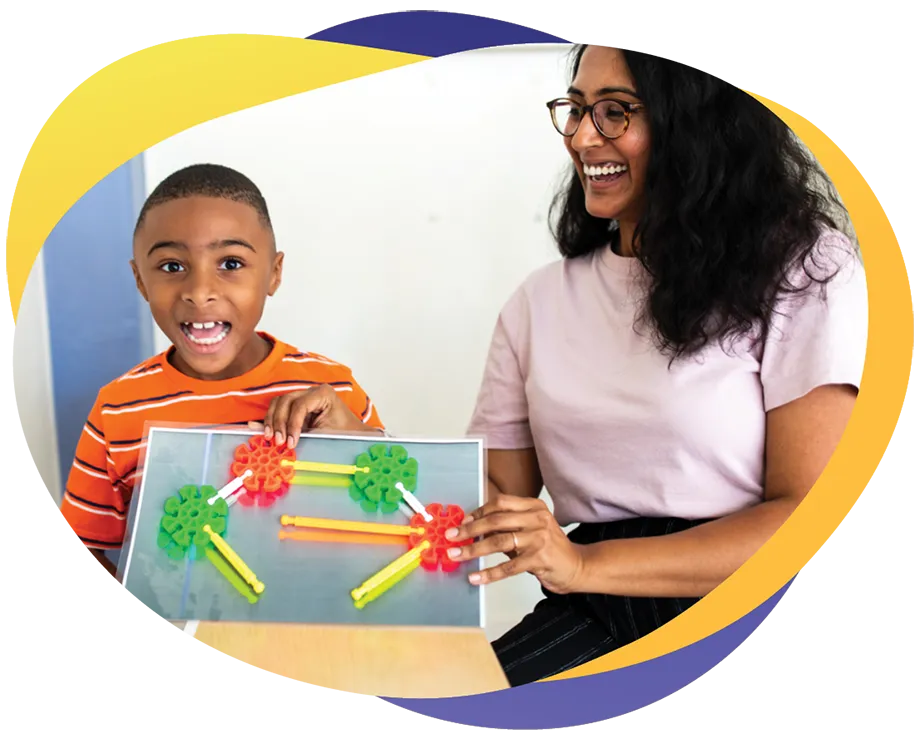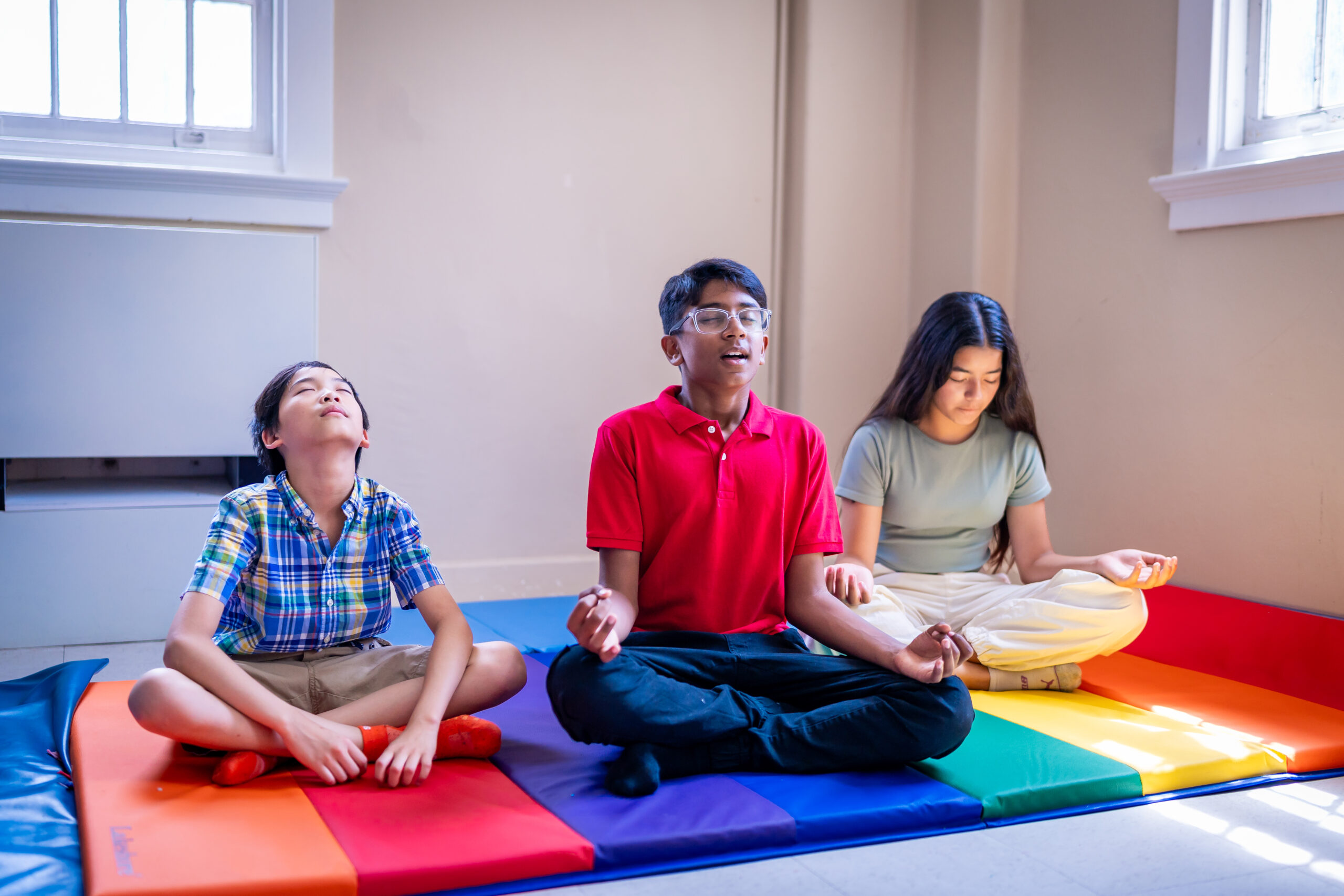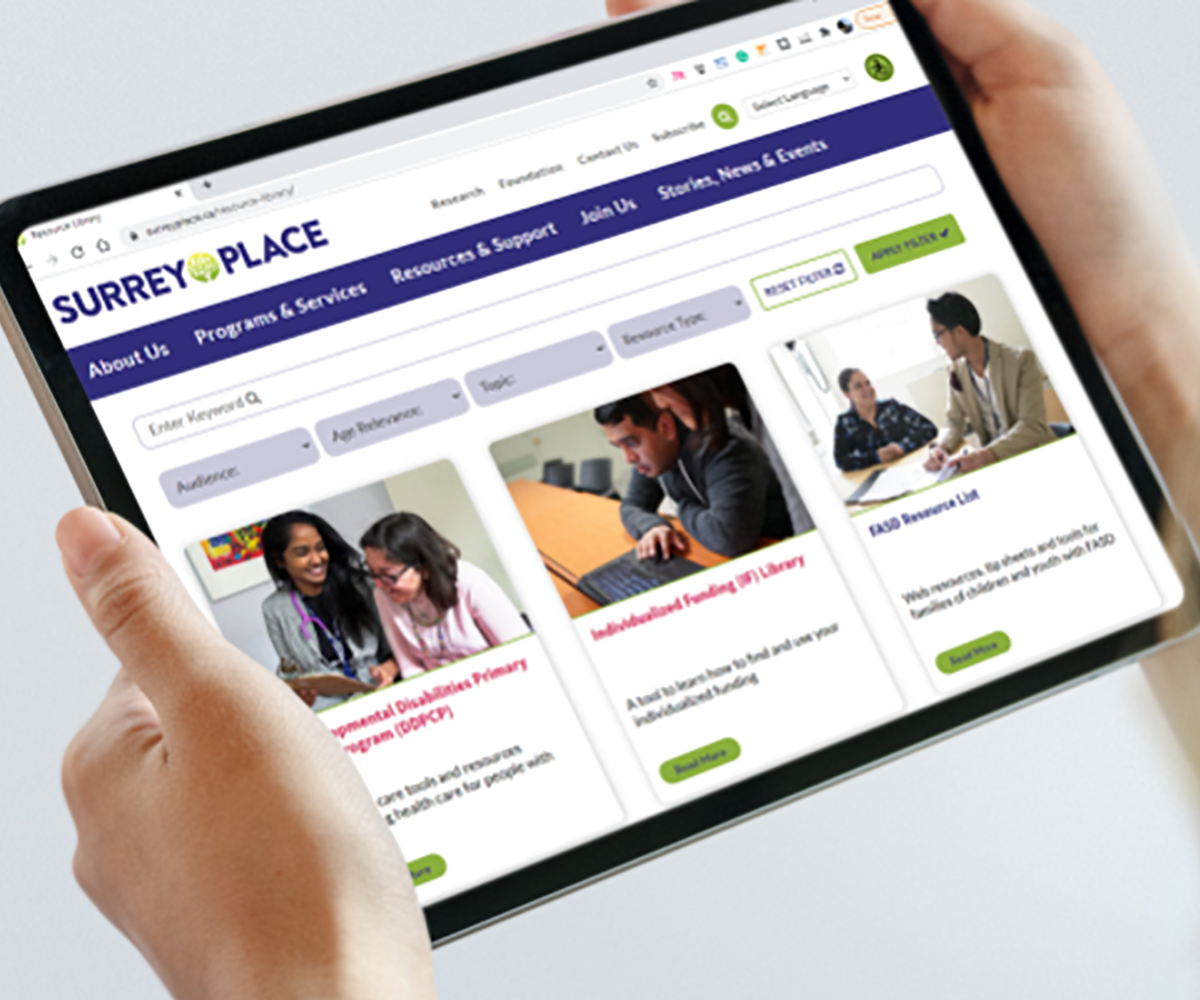Physiotherapy Services
To Register

At Surrey Place, our physiotherapy team supports children and teens with intellectual and developmental disabilities to increase independence and prevent injury.
Our physiotherapy services are tailored to effectively address a wide array of concerns with the goal of enhancing physical capabilities and overall well-being. Through thorough assessments, interventions and consultations, we prioritize understanding the distinct needs of our clients and their families. Our primary focus lies in identifying and remedying physical impairments, activity limitations and participation restrictions, enabling children and their families to interact with their environment to their fullest potential.
Specializing in orthotic prescription and training, our physiotherapy services tackle issues such as gross motor delays, reducing the risk of falls and improving skills like staircase climbing, running and jumping. Our interventions are designed to address challenges including limited range of motion, balance and coordination issues, and alignment problems. Children facing difficulties like flat feet, transitions, toe walking or climbing stairs can significantly benefit from our personalized approach.
In our Infancy and Early Childhood Program, tailored for children aged 0-5;11 years, we concentrate on those with suspected or confirmed diagnoses of intellectual or developmental disabilities. For older children and youth aged 6-18 years, our Children and Youth Program offers support to those with confirmed diagnoses. These services are accessible to families residing in Toronto.
Our physiotherapy team is steadfast in empowering individuals to confidently and efficiently navigate their environment, thereby enhancing mobility and overall quality of life. If you meet our eligibility criteria, we encourage you to reach out and discover how our physiotherapy services can positively transform your life.

Wellness Events
Did you know that we offer free events for clients, caregivers and professionals?

Resource Library
Find accessible information developed by our clinicians to help you on your journey.